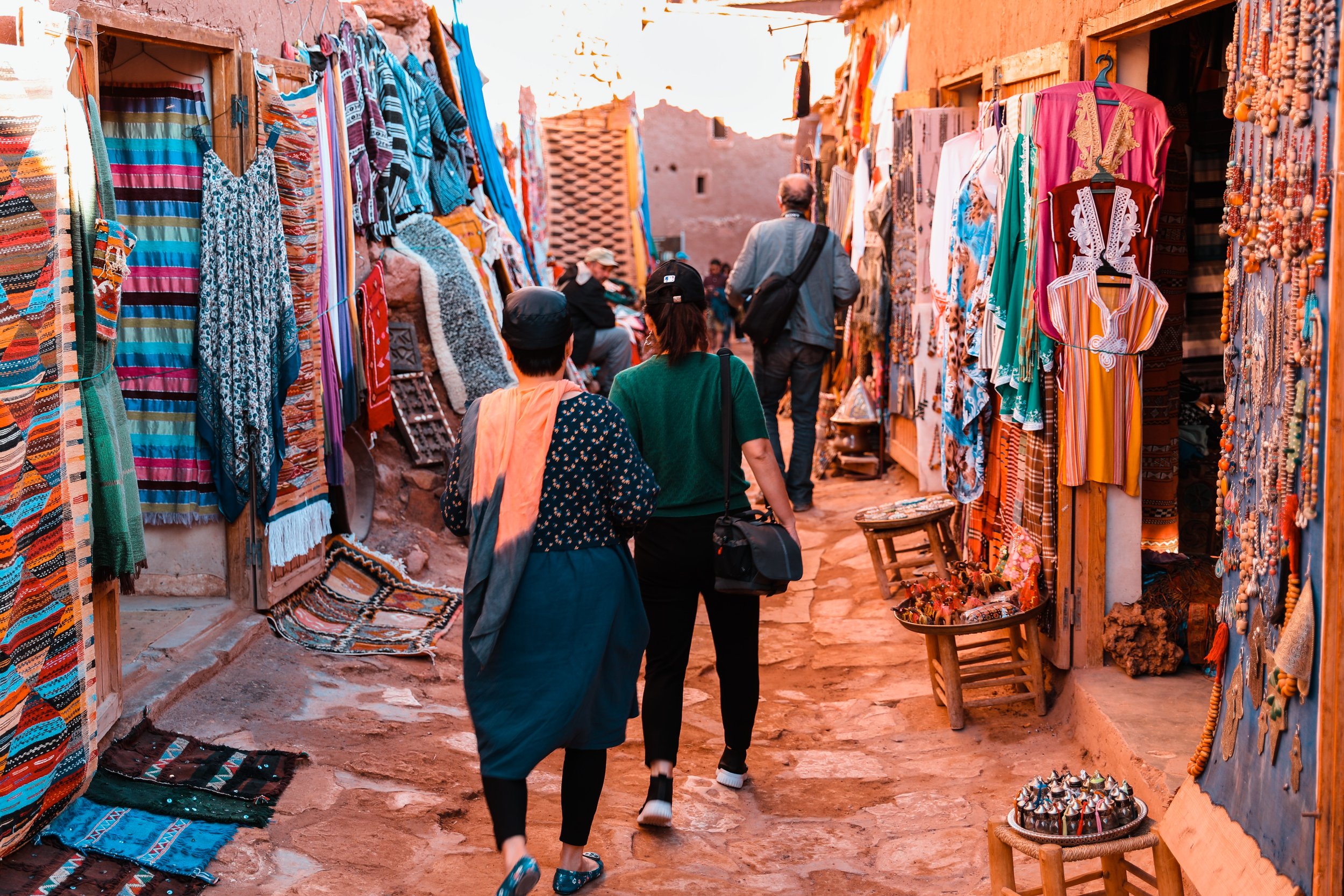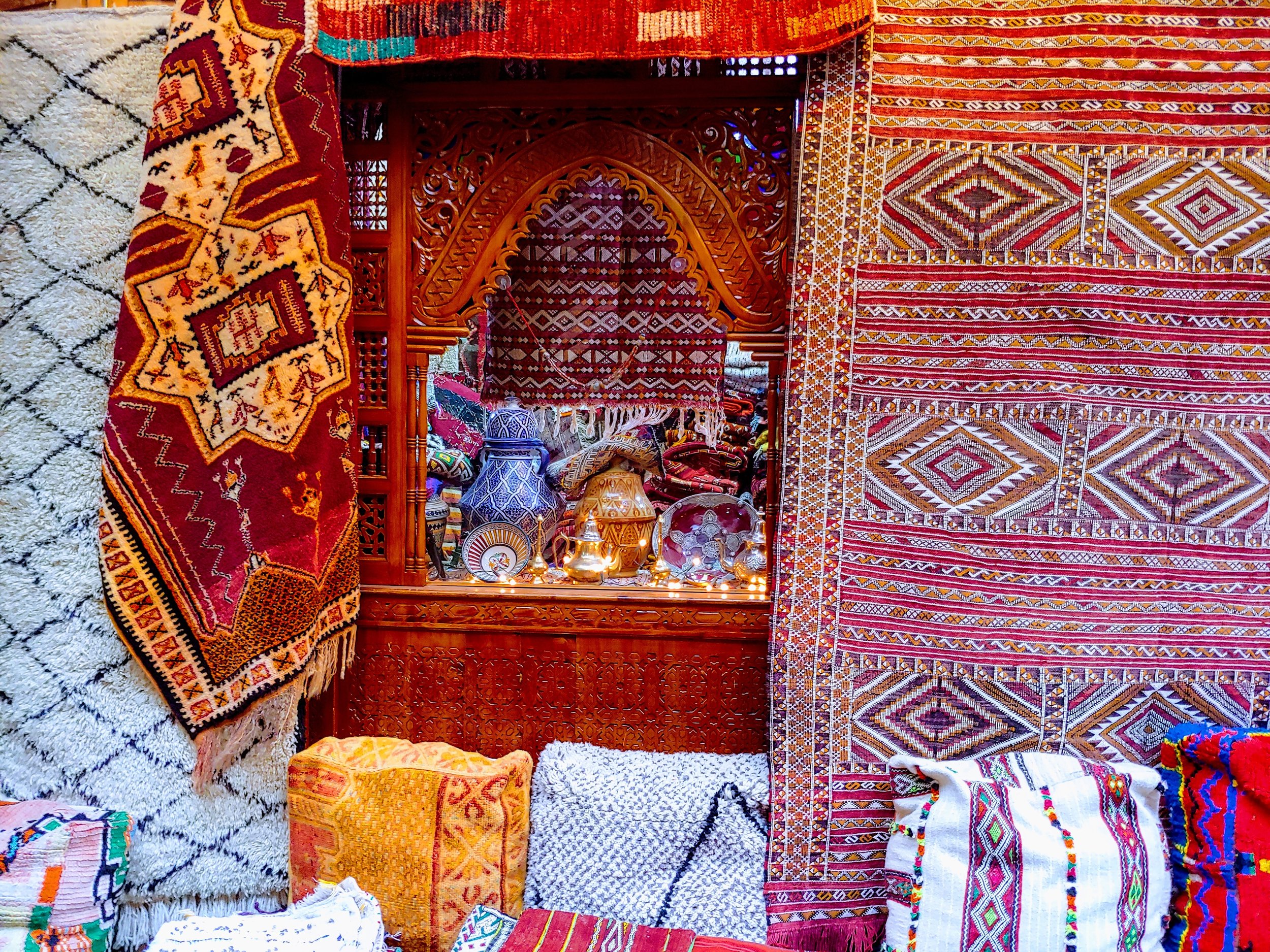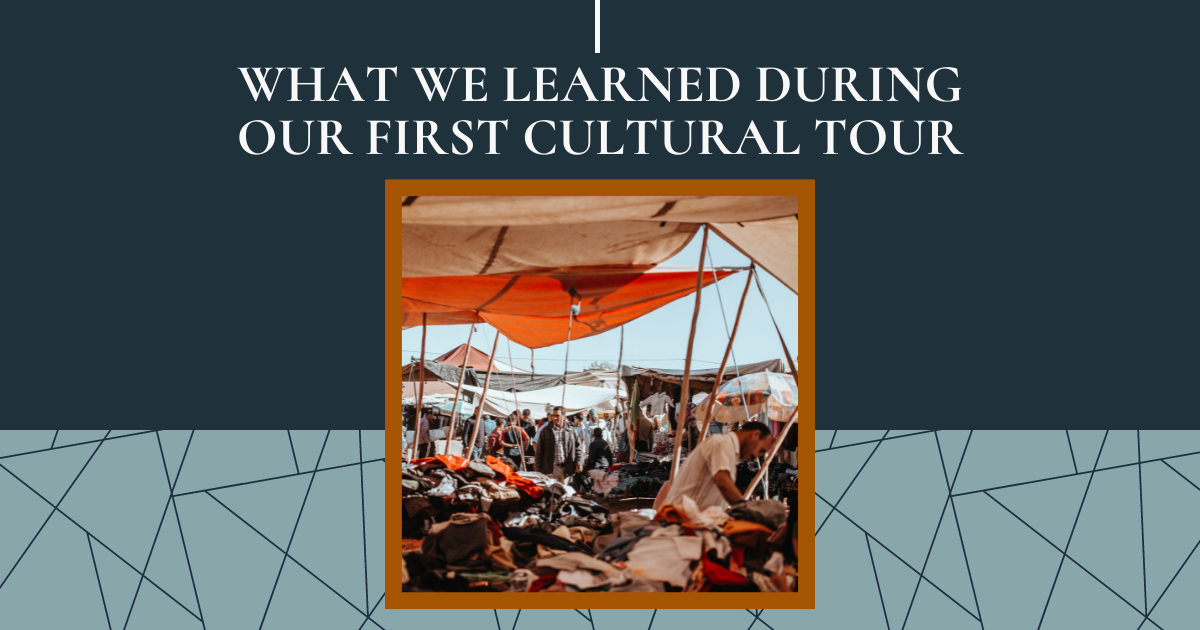Tourist vs. Guest
“Click, click,” sounds my phone as I capture a photo of a gothic cathedral with impressive spires. “It’s so medieval” I tell my wife Cailyn as I step back to allow the tourists around me to capture their selfies. “Where to next?” I ask, as no doubt Cailyn has planned out a nearby restaurant where we can rest, connect to Wifi, and eat a local delicacy for lunch. A few hours later, after filling up and cooling off, we set out to find the other destinations saved in Google Maps. By the end of the day we return to our hotel room, having accomplished our walking goal of over 10,000 steps. The next day we are off to another impressive city, navigating the train routes to our next discovery. And thus continues our tourist lives while on vacation…
The above story reflects a recent vacation that Cailyn and I took to Europe. As we encountered new cities with unique architecture, I contemplated the differences between being a tourist and being a guest. When visiting a foreign country, many people come as tourists, excited to visit the world-renowned places, eat the local food, and move around as easily and efficiently as possible. However, it takes additional effort to visit a place as a guest, striving to know local people, understanding the culture and norms, and experiencing authentic life.
Andrew Zimmern said, “Please be a traveler, not a tourist. Try new things, meet new people, and look beyond what’s right in front of you. Those are the keys to understanding this amazing world we live in.” For us, because of the hospitality we have experienced in our travels, we prefer to think of the role of a guest, rather than just a traveler. When you have been invited as guest, you have to know your place, and embody the role of the guest. A Senegalese Proverb explains this idea: “The guest doesn’t untie the goat.” In another example, it would be not only extremely odd, but also truly disrespectful, if you were the guest in someone’s home and provided your own dishes, cutlery, and meal. This would be a decidedly rude way to act as a guest, because when you are the guest, your role is to be dependent on the host to provide, and to follow the host’s lead in the meal. When you are traveling, it is important to strive to be a gracious guest, rather than just a tourist.
Admittedly there are times when the life of the guest does look touristy, as practically speaking some of the activities are identical to those of tourists - souvenir shopping, eating in restaurants, etc. But first and foremost there is a mentality difference between the tourist and the guest. Toeing that line, it is sometimes difficult to navigate the differences between the actions and motivations of a tourist and the actions and motivations of a guest. With that said, the following are some comparisons that may help to distinguish the two groups of people.
Places vs. People
The time of a tourist is generally taken up visiting the important sites of a city or country. Significant time is spent on photos of beautiful sites, and visiting museums. Along the way, the tourist may meet some people, but these are usually transactional settings where the purpose of the interaction is to buy something. On my recent vacation, as a tourist I only asked the name of two or three people, and that was the extent of the depth of our conversations. In comparison, the time of a guest is spent visiting the people of a country. While the guest may see some important sites, the emphasis is placed on meeting local people in the process; even as the guest visits those sites, the hope is that relationship will be created with the accompanying host(s). While tourists may attempt to learn some local language phrases to help them with transactions, the guest may dive deeper into language to help them converse with local people.
Consuming vs. Understanding
Similar to seeing places, the time of a tourist is spent making lists of places and then checking them off. Pretty photos will look good on social media, but after time those photos may just represent random buildings and places with no stories to accompany them. As I look back on photos taken from past vacations, I discover that I captured many buildings but few people (except my wife and me in selfies). For a tourist, a country or place could be viewed as an opportunity to mark off an item from the bucket list, and once that item is marked off, plans are made for the next place. In comparison, for the guest, the emphasis is placed on understanding a country or place, and applying that understanding to their personal life. Asking “Why?” Is common, always being curious to know more about the place or host. The motivation of visiting a new place is with the purpose of personal growth and increased understanding.
Easy vs. Authentic
For a tourist, what is easy and convenient is generally a priority. When it comes to eating a local meal, it is easy to find the expensive restaurants full of other tourists in the popular parts of town. The price for easy and convenient is reflected on the bill. However, for a guest, finding places that are authentic is important. Guests will find the places where locals eat. And rarely will a tourist eat a meal in a local person’s house, but guests will find themselves continually seated in the dining room of a native person. These settings are not easy to find, and actually take more work to develop, but they are authentic.
These are a few areas of comparison between tourists and guests. This is not meant to degrade tourists by any means, as there are times and places where being a tourist may be beneficial.
At Crossroads Cultural Exchange, we show visitors the country of Morocco in an immersive educational experience called The Navigator Program. Through these cultural tours, we try to help travelers embody the role of a guest, getting to know Moroccan people and spending time in Moroccan homes, understanding the Moroccan culture and norms, and experiencing authentic life. When you are traveling, are you a tourist or a guest? Do you know your role as a guest, or have you ever tried to “untie the goat?” What are some other ways you can be a guest when you travel?
Do you like cultural exploration and being a lifelong learner? The Navigator Program is an immersive educational experience customized for groups who wish to explore Morocco while also learning how to navigate cultures.















Morocco is a very unique country for several reasons. The first is its strategic location in the northwest of the continent of Africa, just 14 kilometers south of Europe. This beautiful country is bordered by the Mediterranean Sea in the North, the Atlantic Ocean in the West, Algeria to the East, and Mauritania to the South. For this reason, Morocco is a crossroads where cultures, civilizations, and ethnicities meet.